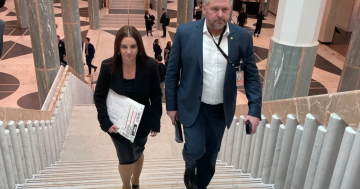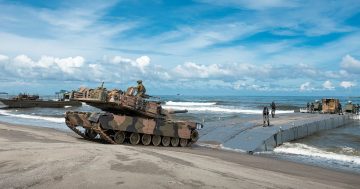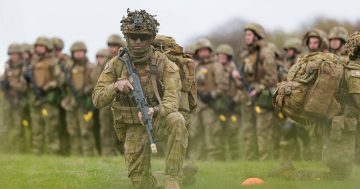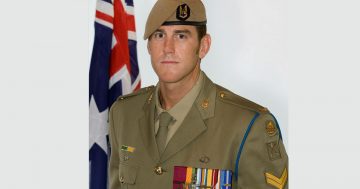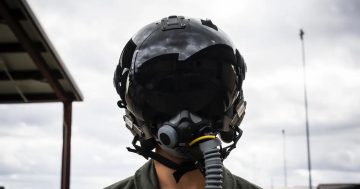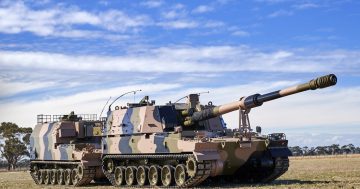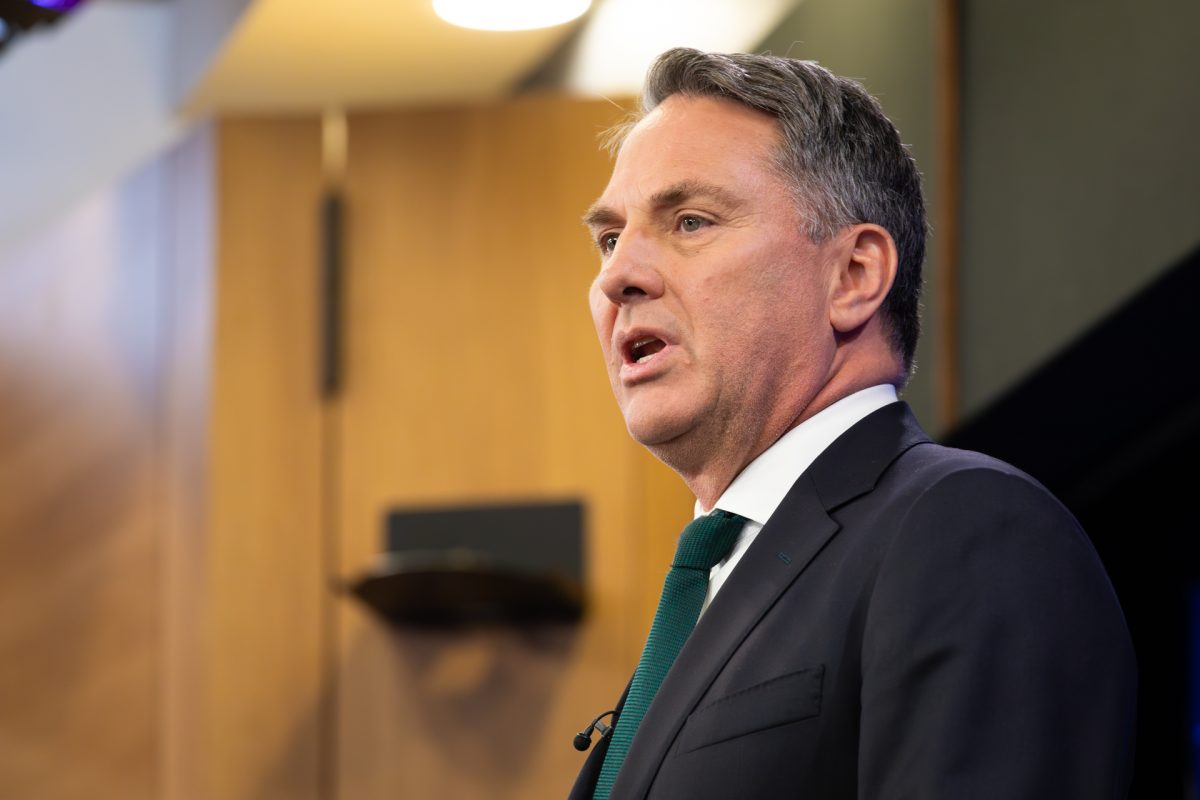
Defence Minister Richard Marles has stripped current and former Defence officers of medals over allegations of war crimes. Photo: Michelle Kroll.
The Federal Government has stripped distinguished service medals from a handful of current and former Defence officers over war crimes in Afghanistan allegedly committed by troops under their command.
Defence Minister Richard Marles told parliament on Thursday (12 September) there was still the prospect some personnel could face criminal prosecution.
Mr Marles revealed the development as he announced the government had finalised its commitment to the Brereton Report inquiring into allegations of war crimes by Australian special forces in Afghanistan.
He previously wrote to 15 commanders to inform them they could lose their medals. But it was decided some could keep their honours.
Mr Marles confirmed the number of those ultimately stripped of their medals was fewer than 10.
He said privacy laws prevented him from revealing the exact number or names of the officers.
But he stipulated former chief of the Defence Force Angus Campbell was not among them.
General Campbell earned a Distinguished Service Cross in the Middle East.
Mr Marles outlined how the inquiry was instigated following claims of serious misconduct by members of the Special Operations Task Group in Afghanistan from 2005 to 2016.
“The Brereton Report, as it is known, concluded there was credible information of unlawful conduct during this period, including the identification of 23 incidents involving Australian Special Forces personnel,” he said.
“These incidents related to the alleged unlawful killing of 39 people by, or involving Australian Defence Force members as well as the alleged mistreatment of two individuals.
“It also concluded there was credible information of a sub-culture of elitism and deviation from acceptable standards which was normalised over time and into which more junior personnel were inculcated.”
He said the Brereton Report made a broad range of findings and 143 recommendations.
“The Albanese Government has taken the final action emanating from that report, resulting in the closure of 139 of these recommendations.
“The four remaining recommendations remain on hold, pending ongoing investigations by the Office of the Special Investigator.”
Mr Marles said his decision to strip officers of their medals was based on the accountability of commanders and not focussed directly on the troops under investigation.
Two recommendations of the Brereton Report related to command accountability and the treatment of honours and awards given to commanders during the relevant period.
The recommendations relate to a small number of individuals who held command positions during the period in which the inquiry found evidence of unlawful conduct.
“I have written to those whose awards were referred for consideration by the then Chief of Defence Force to advise I have concluded my consideration of their individual awards,” Mr Marles said.
“My decisions on this matter are consistent with the findings and recommendations of the Brereton Report.
“More than 26,000 people served in Afghanistan during this period. Whilst this decision may be difficult for a small number, it does not diminish the service and legacy of the majority of those who served or supported operations there.”
The report, released in 2020, recommended 19 soldiers be investigated for the murder of 39 prisoners and civilians, and for the cruel treatment of two others.
Mr Marles, who had the final say on who would lose their medals, used the opportunity in parliament to pay tribute to Defence personnel who gave evidence to the Brereton inquiry.
“In speaking out, there were acts of bravery which rank in the highest echelon,” he said.
“All that we know and all that has since been done to address the wrongs of the past so that we can truly honour the sacred service of our Defence Force personnel is built upon the evidence which was given – the brave individual decisions to speak the truth.”
He said the Brereton Report contained 15 recommendations to pay compensation to alleged victims and their families where there was credible information involving allegations of property damage, assault and unlawful killing, without establishing criminal liability.
In response, the government directed Defence to design a compensation scheme under regulation which came into effect on 19 July 2024.
“The government acknowledges the service of all those who served in Afghanistan with professionalism and integrity, the 41 Australians who died on operations, those wounded in service and their families,” Mr Marles said.
“The stain on the reputation and the legacy of the Australian Defence Force and on the nation, at the hands of a few, is not easily removed.
“Yet it is our response that tells the true story of us as a people. It is testament to us as a people that we hold ourselves to account for this appalling set of circumstances.”













